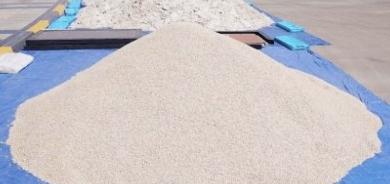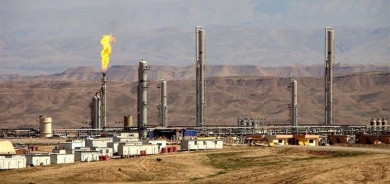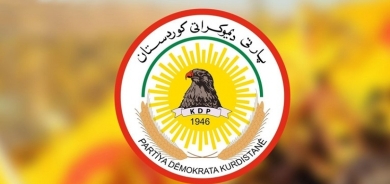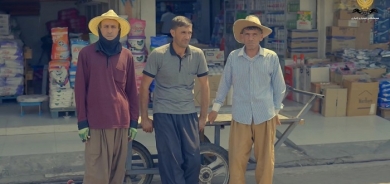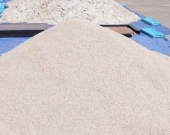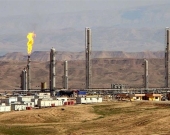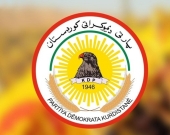Iraqi Oil Minister Visits Kurdistan for Talks on Resuming Oil Exports through Turkey
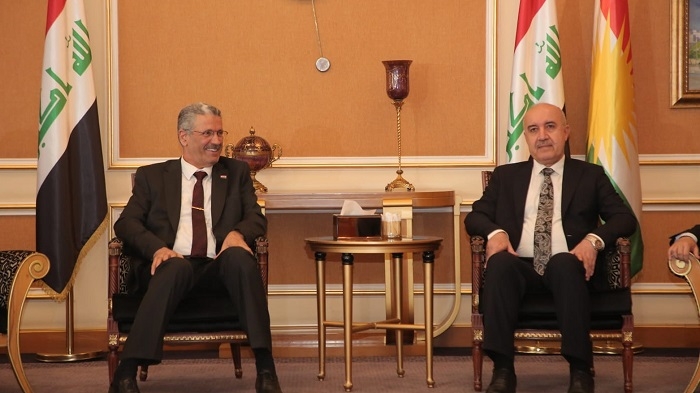
In a significant diplomatic move, Iraq's Minister of Oil, Hayyan Abdul Ghani, arrived in Erbil on Sunday, accompanied by senior officials, to engage in discussions aimed at resolving issues that have led to the halt of Kurdish oil exports through Turkey. The visit comes following an understanding between Iraq and Turkey to resume Kurdish oil exports, which had been suspended since March 25.
The Acting Minister of Natural Resources for the Kurdistan Regional Government (KRG), Dr. Kamal Mohammad, welcomed Minister Abdul Ghani and the delegation at Erbil International Airport. The delegation is scheduled to meet with Kurdistan Region Prime Minister Masrour Barzani, followed by a technical meeting with Kurdish oil authorities in Erbil later in the day.
Addressing reporters at the airport, Minister Abdul Ghani expressed optimism about reaching an agreement on the challenges that had hindered the resumption of Kurdish oil exports. He emphasized the importance of finding solutions to facilitate oil production and export, crucial for Iraq's heavily oil-dependent economy.
"The aim of the meeting with our brothers at [KRG Ministry of Natural Resources] is to find a solution for all the issues that will facilitate the production and export of oil," stated Minister Abdul Ghani, expressing hope that the teams would reach a resolution by Monday.
One of the key issues at the heart of discussions is the operation cost of international oil companies operating in the Kurdistan Region. According to the Iraqi budget law for 2023, the cost of extracting a barrel of oil has been set at $6, a figure that KRG officials argue does not align with the nature of their contracts due to the region's topography and prior agreements with international oil companies.
Minister Kamal Mohammed highlighted the disparity, stating, "The price set in the budget does not fit with the nature of our contracts," and expressed hope for an agreement in the coming days.
The delegation, set to stay in the Kurdistan Region for two days, will be addressing issues outlined in a deal signed in April between Erbil and Baghdad. This agreement outlines joint management of the energy dossier, which has been a longstanding source of tension over the past decade.
Before the suspension, the Kurdistan Region was exporting over 400,000 barrels of oil per day through a pipeline to Turkey's Ceyhan port. The pause has resulted in a significant economic impact, with Kurdish officials estimating losses exceeding $6 billion.
The ongoing discussions between Iraqi and Kurdish officials hold the promise of not only resolving the immediate challenges but also fostering improved cooperation in managing the energy sector, a critical aspect of the region's economic stability.

